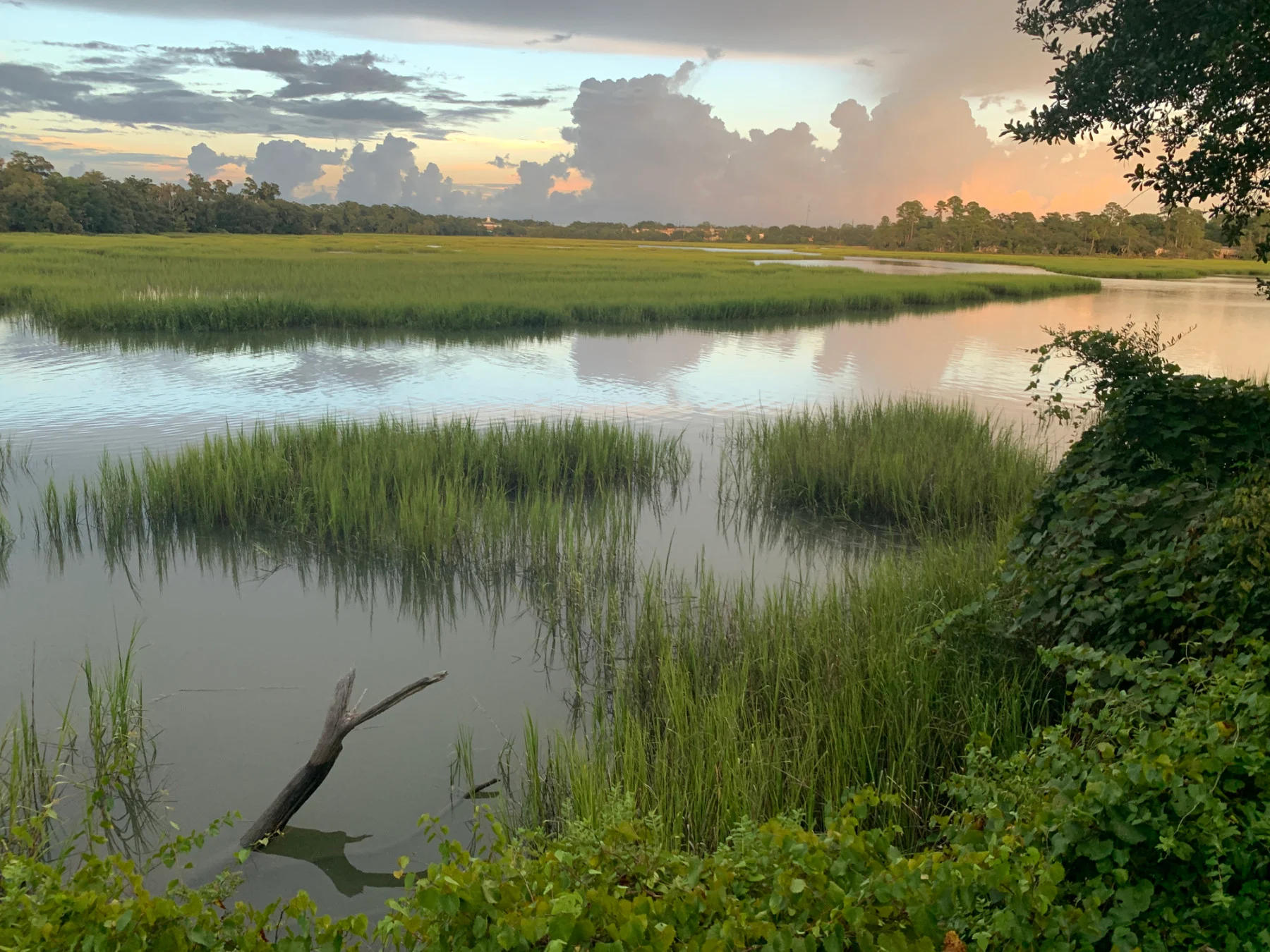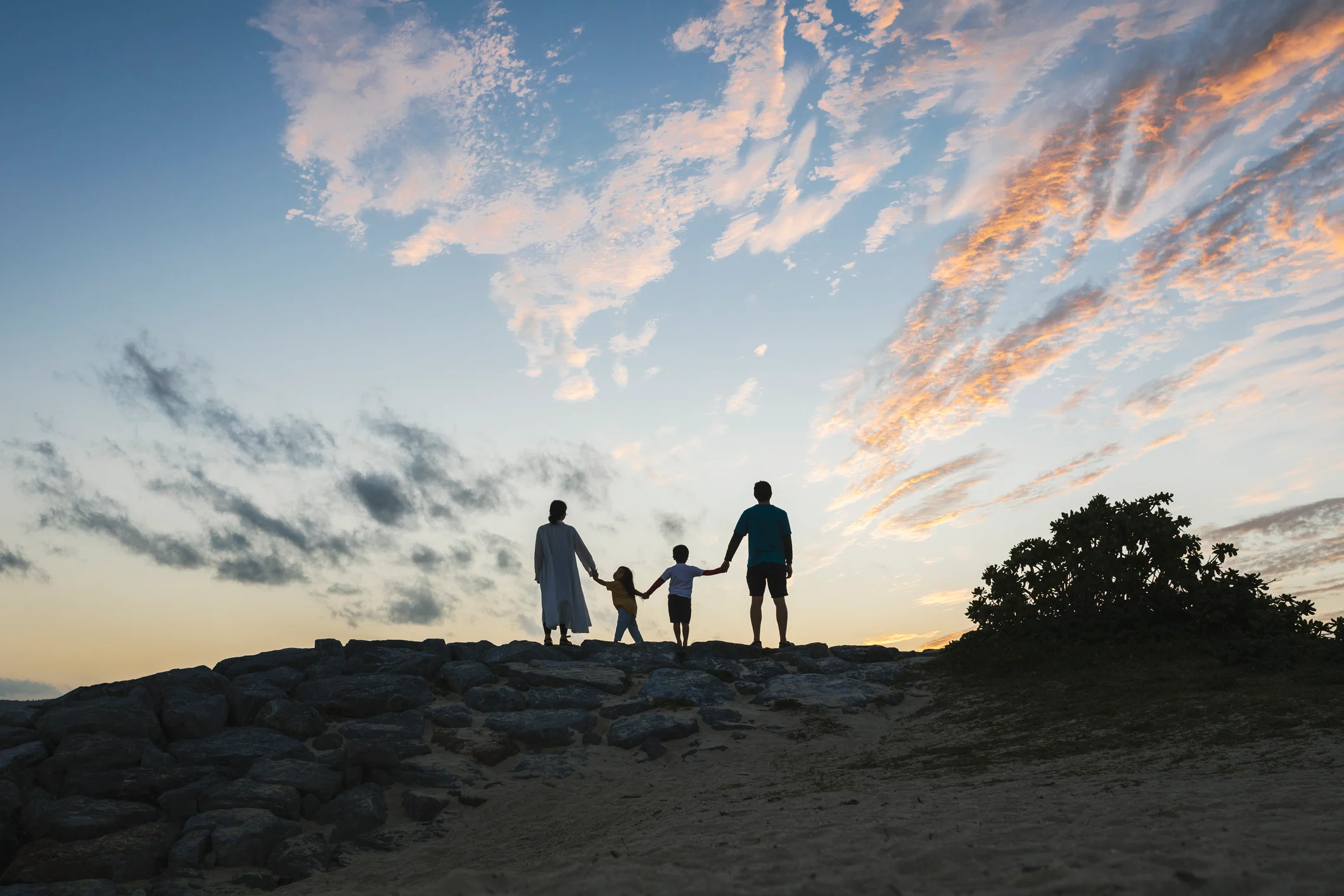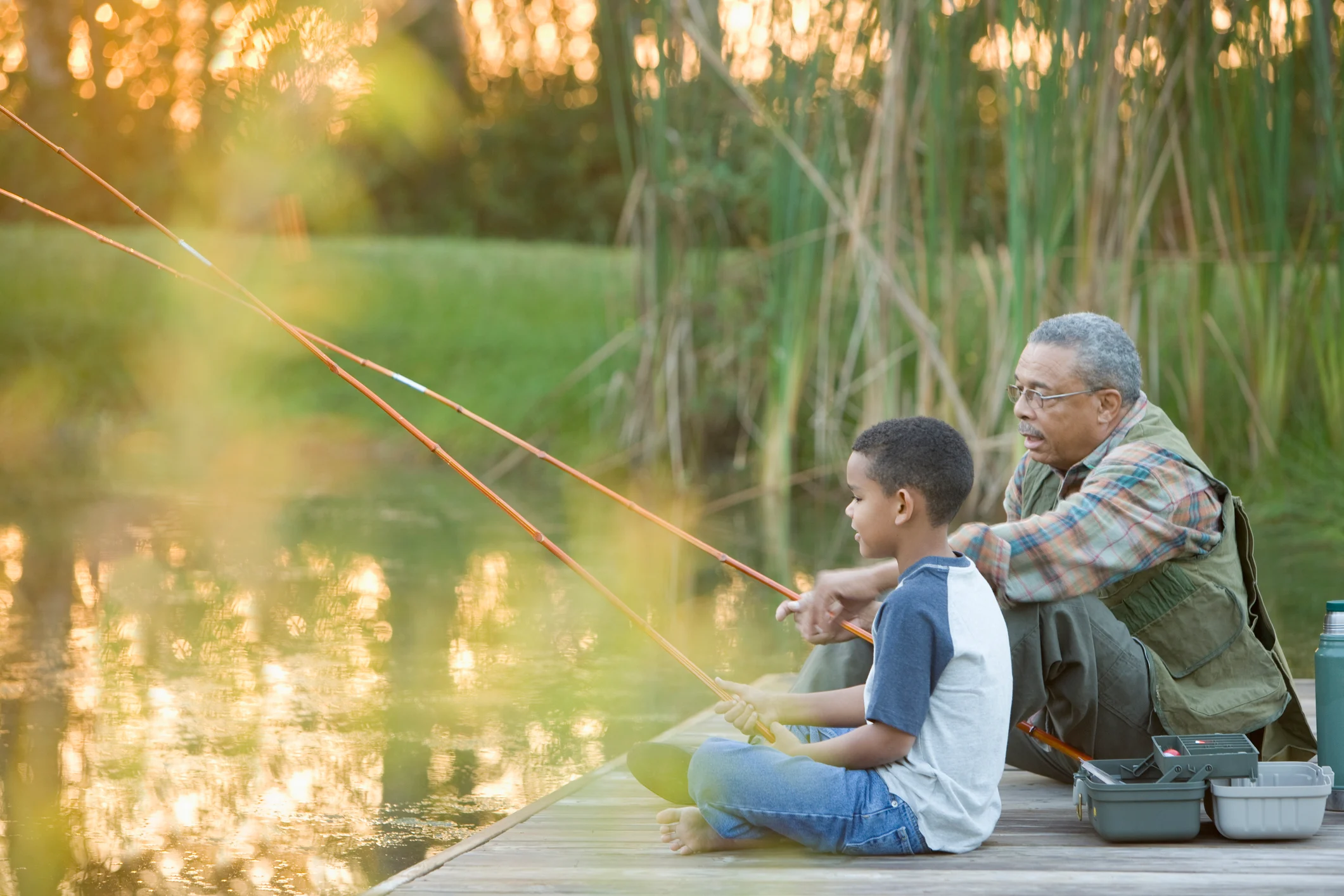
Climate crisis and nature decline must be tackled together, scientists say
The IPBES and IPCC say that humanity’s well-being is deeply interconnected with the environment, which is why climate change and nature’s decline should be addressed simultaneously.
Some human activities are decimating nature and driving the climate crisis, reducing human well-being today and posing an existential threat to future generations. Neither the climate crisis nor the decline of nature can be successfully resolved unless both are tackled together according to the first-ever collaboration between biodiversity scientists from Intergovernmental Science-Policy Platform on Biodiversity and Ecosystem Services (IPBES) and climate scientists from the Intergovernmental Panel on Climate Change (IPCC).
Climate, nature, and humanity’s well-being and survival are deeply interconnected so solutions must take this into account, says a report from a joint IPBES/IPCC workshop involving 50 leading experts.
“Human-caused climate change is increasingly threatening nature and its contributions to people, including its ability to help mitigate climate change," said Hans-Otto Pörtner, a marine biologist and co-chair of the workshop’s Scientific Steering Committee. About half of all human CO2 emissions are being soaked up and stored by the oceans, forests, and other parts of nature. However, CO2 storage is already declining in summer months due to higher heat and longer lasting droughts, while permafrost is thawing and releasing more and more CO2 into the atmosphere increasing warming Pörtner said in a press conference.
The world needs to embrace “transformative change with rapid and far-reaching actions of a type never before attempted,” including ambitious emissions reductions, he said.

A familiy admiring the sunset. (Kohei Hara. DigitalVision. Getty Images)
The world needs to embrace “transformative change with rapid and far-reaching actions of a type never before attempted,” including ambitious emissions reductions, he said.
Economic goals must be redefined from merely increasing GDP to balancing a good quality of life for all without severely impacting nature or the climate. The workshop identified a number of the most important actions as part of this transformational change including:
Halting the loss and degradation of forests, wetlands, peatlands, grasslands, and savannahs; coastal ecosystems such as mangroves, salt marshes, kelp forests, and seagrass meadows; as well as deep water and polar blue carbon habitats.
Restoring carbon- and species-rich ecosystems. This is among the cheapest and quickest nature-based climate mitigation that also enhances nature.
Increasing sustainable agricultural and forestry practices to improve the capacity to adapt to climate change, enhance biodiversity, increase carbon storage, and reduce emissions.
Eliminating perverse subsidies that support deforestation, over-fertilization, and over-fishing.
Protecting 30 per cent to 50 per cent of the planet’s land and oceans from exploitation to ensure a habitable climate, self-sustaining biodiversity, and a good quality of life.
Canada is not yet integrating its climate efforts and actions to protect nature, said William Cheung, a marine biologist at the University of British Columbia and one of the 50 scientists in the IPBES/IPCC workshop. Offshore wind farms produce green energy but could also negatively impact local fish and other species. However, built the right way, and in the right location, offshore wind could provide habitat and enhance biodiversity, Cheung told The Weather Network.

A woman taking a breath of fresh air outside. (Oscar Wong. Moment. Getty Images)
Currently, marine protected areas (MPAs) in Canada are focused on protecting fisheries and biodiversity but not their potential to absorb carbon, something kelp forests and seagrass are extremely good at, he said.
It’s worth noting that oil, gas, mining, and bottom trawling activities were only recently banned in Canada’s MPAs.
Canada needs a national assessment of the key places to protect and restore nature that will benefit the climate, biodiversity and the well-being of Canadians, said Cheung. Government departments need to integrate their efforts rather than the current silo approach with one dealing with climate, others separately addressing fisheries, forests, agriculture, or finance.
Shifting economic goals away from increasing GDP means transforming finance and investment by governments and the private sector, said Pamela McElwee of Rutgers University, another workshop participant. “There is growing awareness about the big risks governments and industry are facing,” McElwee said in a press conference.

A grandfather and grandson fishing on pier. (Terry Vine. The Image Bank. Getty Images)
Financial regulations need to be changed, companies and governments need to incorporate ecological accounting and build nature and climate into their risk models.
“We’re also looking into how to price nature better,” she said.
The situation humanity finds itself in is a result of institutional failures by government, banks, finance, and private industry, says workshop participant Unai Pascual of the Basque Centre for Climate Change in Spain. There are still enormous economic incentives to destroy nature and these need to be quickly shifted to nature-based solutions, Pascual said at the press conference.
“Some will lose out in this transformation and they will need to be compensated” to prevent backlash and delay, he said.
Stressing the urgency, Pörtner concluded: “Every bit of warming matters. Every species lost matters.”
Thumbnail credit: Teresa Kopec. Moment. Getty Images
